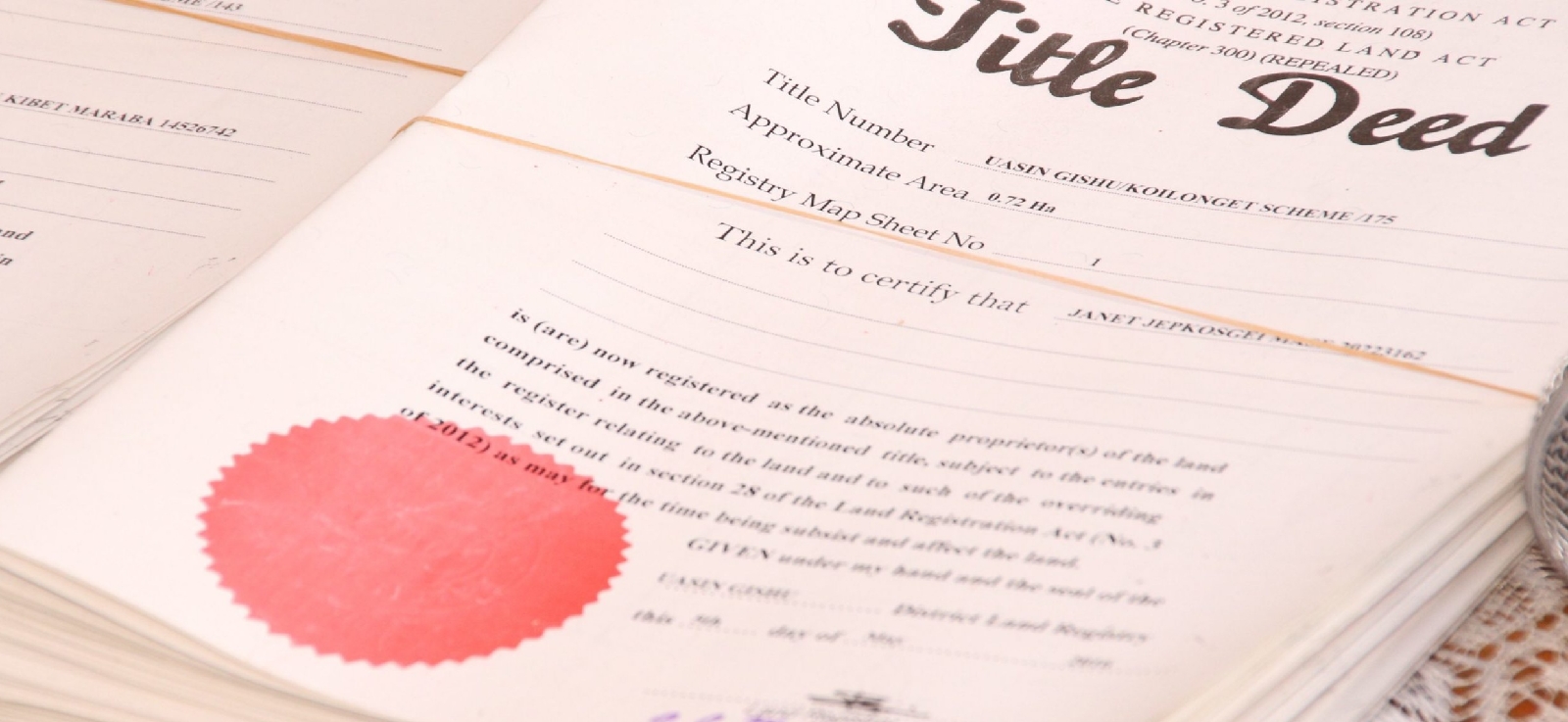1. Assess Your Financial Situation
Track your income and expenses to understand where your money is going.
Identify essential vs. non-essential expenses.
2. Create a Realistic Budget
Use the 50/30/20 rule as a guide:
50% for needs (rent, utilities, food).
30% for wants (entertainment, dining out).
20% for savings and debt repayment.
Adjust the percentages based on your situation.
3. Cut Unnecessary Expenses
Cancel unused subscriptions or memberships.
Opt for free or low-cost entertainment options.
Cook at home instead of eating out.
4. Prioritize Needs Over Wants
Focus on necessities like housing, food, healthcare, and utilities.
Delay or avoid big-ticket purchases that aren’t urgent.
5. Shop Smart
Look for discounts, coupons, and sales.
Buy in bulk for non-perishables.
Opt for generic brands instead of name brands.
6. Build an Emergency Fund
Set aside money, even if it’s a small amount, to cover unexpected expenses.
Aim for 3-6 months' worth of living expenses if possible.
7. Tackle Debt Strategically
Focus on high-interest debts first (credit cards, payday loans).
Consider consolidating debt to lower interest rates.
8. Boost Your Income
Take up a side hustle or freelance work.
Sell items you no longer need.
9. Negotiate Bills
Contact service providers to negotiate lower rates on utilities, internet, or insurance.
Ask about hardship programs for temporary payment relief.
10. Take Advantage of Assistance Programs
Research government or community programs for food, housing, or healthcare assistance.
11. Stay Flexible
Revisit and adjust your budget regularly to reflect changes in income or expenses.
12. Stay Positive and Seek Support
Stay informed but avoid unnecessary stress over economic news.
Share financial tips and strategies with family or friends for mutual support.
Small, consistent steps can help you weather tough times and build a stronger financial foundation.




















